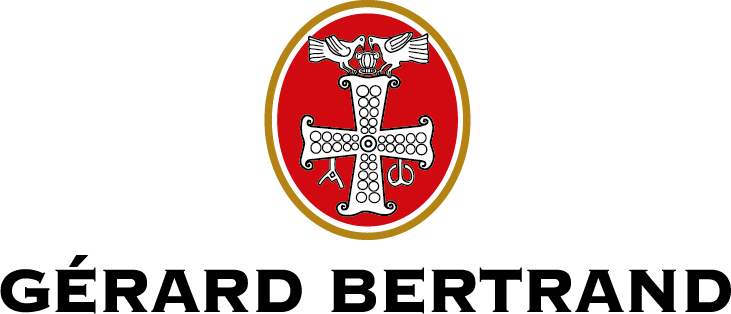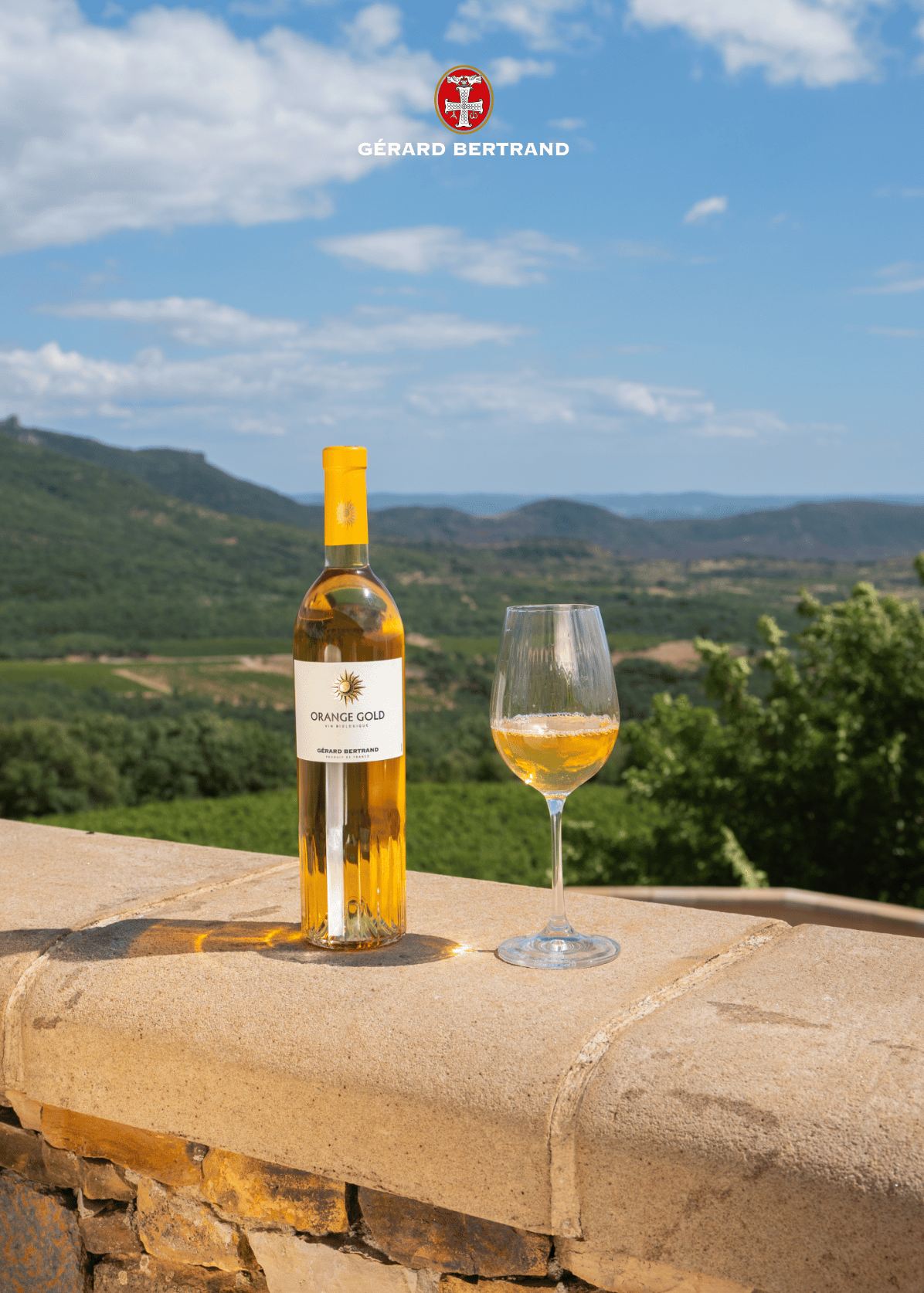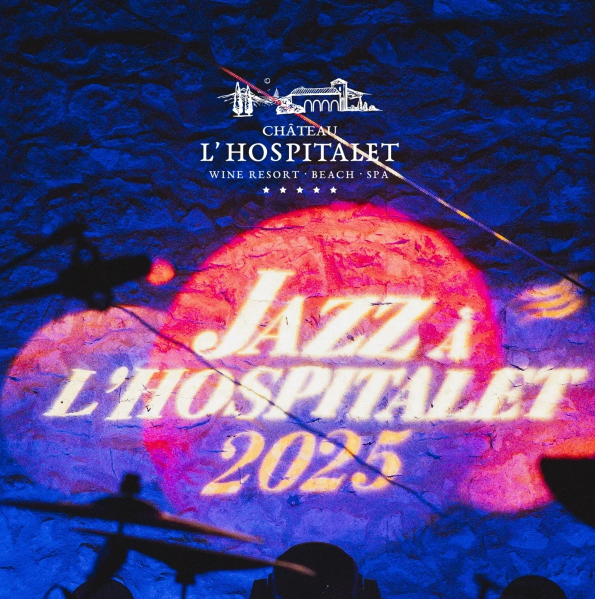The ideal wine in 4 questions
TAKE THE QUIZ



Wine lovers the world over are increasingly attracted to natural wines. But what makes these wines so special? Why is there so much interest in them?
A natural wine is produced with a minimum of human intervention, both in the vineyard and in the cellar. This means that winemakers who produce natural wine strive to work in a sustainable, environmentally-friendly way, avoiding synthetic chemicals such as pesticides and herbicides.
In the cellar, the winemaking process is also simplified to avoid the addition of oenologicalproducts such as commercial yeasts, sulfites or other additives. The result is a wine that fully expresses terroir - the unique combination of soil, climate and local know-how.
 @DRINKINMODERATION
@DRINKINMODERATION
Natural winemaking is based on a few key principles:
The termsweet wine"refers to a wine that contains a significant amount of residual sugar, giving it a sweet flavor. Sweet wines can be produced in a variety of ways, for example by interrupting fermentation to preserve the grapes' natural sugar content, or by adding a concentrated must.
Although natural wines are often dry, there are natural versions of sweet wines, where the residual sugar comes naturally from the grapes, without any added sugar or additives. Natural sweet wines, for example, are fortified fortified sweet wines produced in certain wine-growing regions of France. However, not all vins doux naturels are natural wines in the strict sense of the term, but some producers adopt natural practices in their production.
@David Fritz Goeppinger

Fortified Wine (VDN) is a type of sweet fortified wine, mainly produced in France in regions such as Roussillon and the Rhône Valley. VDNs are made by adding wine alcohol to the fermenting must, which stops fermentation and preserves the grape's natural sugar, hence their sweetness.

@DRINKINMODERATION
Natural sweetness: Fortified Wine retains the grape's residual sugar, offering a sweetness that can vary from moderate to very intense.
Rich, complex aromas: As a result of the winemaking process, VDNs can present aromas of ripe fruit, honey, spices and sometimes oxidative notes of nuts or caramel.
Ageing potential: Thanks to the presence of addedalcohol and sugar, vins doux naturels often have excellent ageing potential, developing more complex aromas and flavours over time.
Examples of vins doux naturels include Muscat de Rivesaltes Banyuls and Maury. These wines are often paired with desserts, but can also be enjoyed on their own or with cheeses.
Find out more about characteristics of Fortified Wine.

Despite their growing popularity, natural wines are not without their challenges. Their production requires specific know-how and can be riskier due to the absence of stabilizers. Natural wines are also more sensitive to vintage variations and may present perceived flaws, such as reduced or volatile aromas, which may not appeal to all consumers.
The natural wine represents a fascinating and authentic approach to viticulture and winemaking, emphasizing respect for nature and the expression of terroir. As the market continues to grow, natural wine is attracting increasing interest from environmentally conscious consumers in search of new taste experiences. Exploring the nuances between sweet wine, natural wine and Fortified Winewine lovers can discover a wide range of flavors and stories that enrich their understanding and appreciation of this fascinating universe. Whether you're a novice or a connoisseur, the world of natural wine offers a sensory adventure waiting to be explored.
Find out more about sweet wine and natural wine:

4,500 years ago, in the heart of Georgia, an astonishing, intense, bold wine was born: orange wine. Long in the shadows, it is now back in the spotlight. At ...
Read the article
When the heat sets in, certain wines are the obvious choice. Gris Blanc, the timeless rosé that celebrates its 20th anniversary this year, continues to appeal to lovers of freshness. Alongside it, L...
Read the article
Every summer, in the heart of the Languedoc region, a unique event transforms a winery into an open-air stage: the Jazz à l'Hospitalet festival, founded by Gérard Bertrand. More than just a...
Read the article